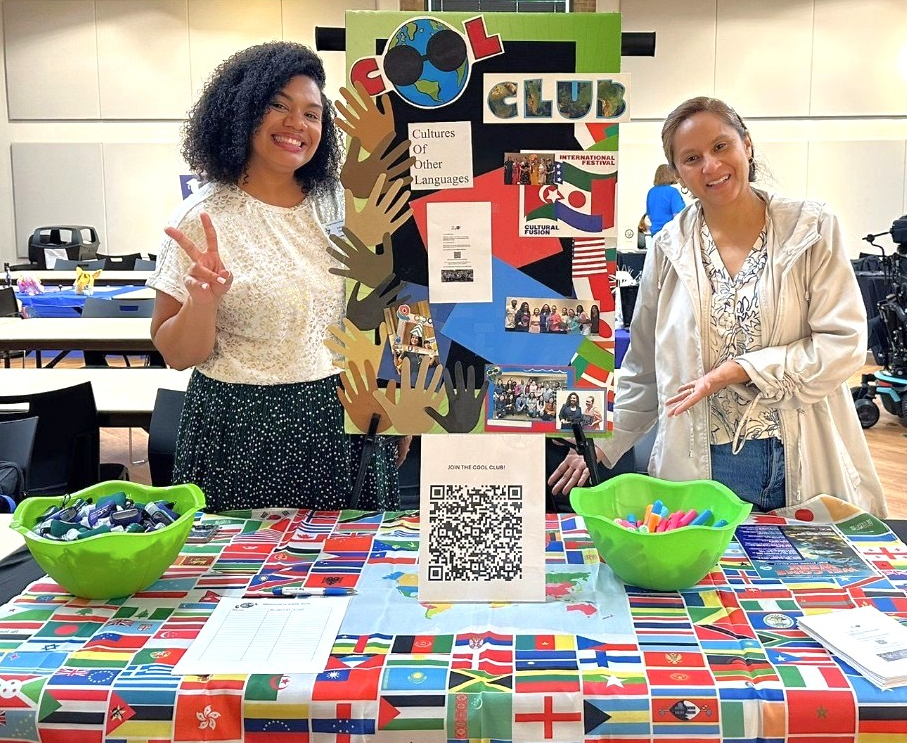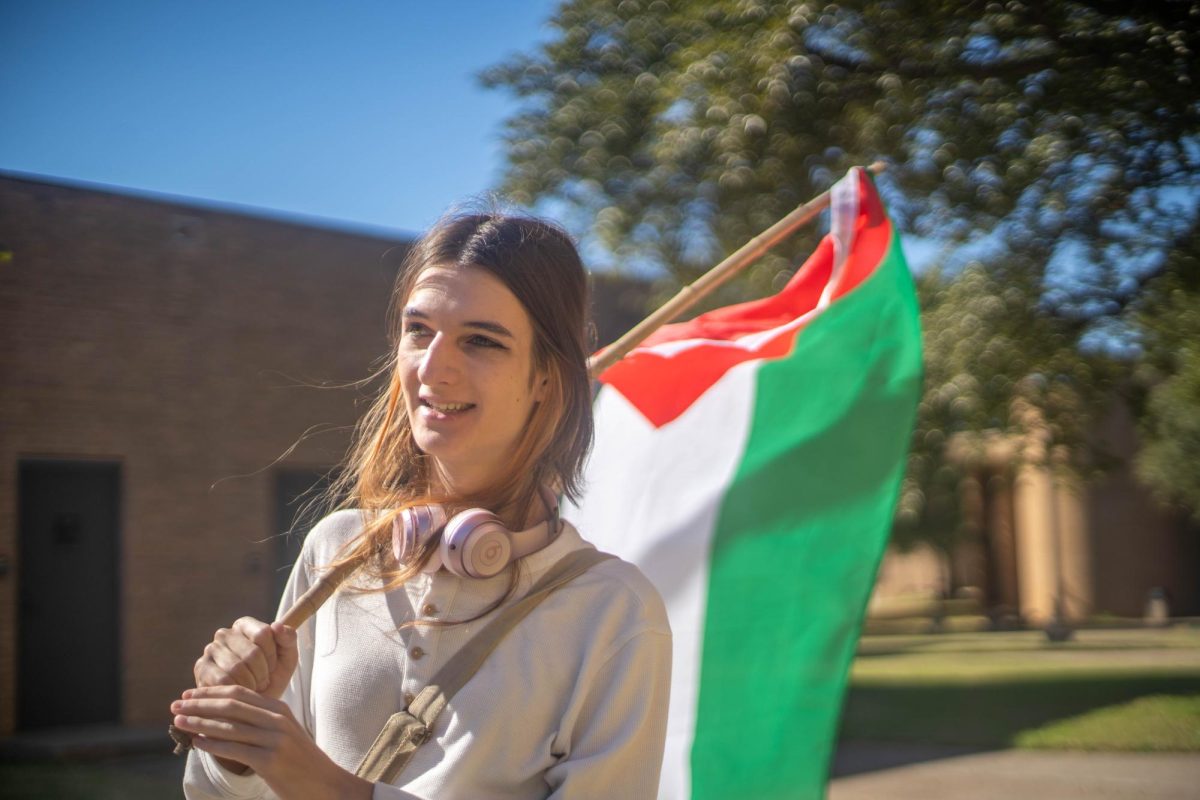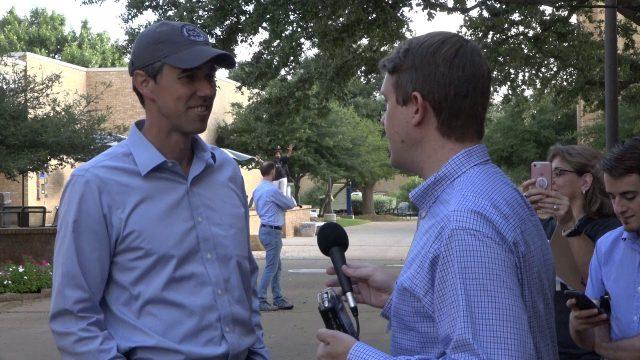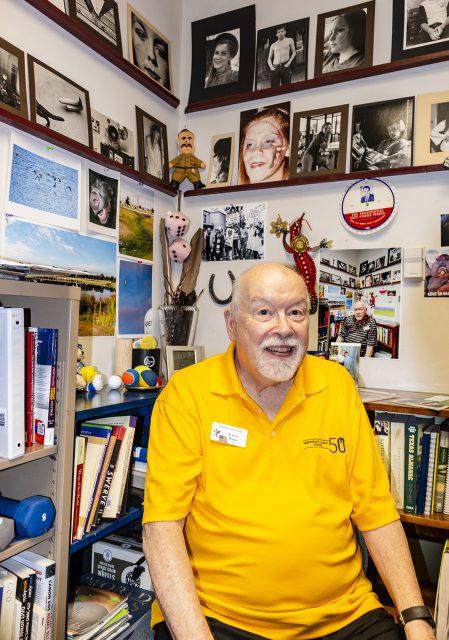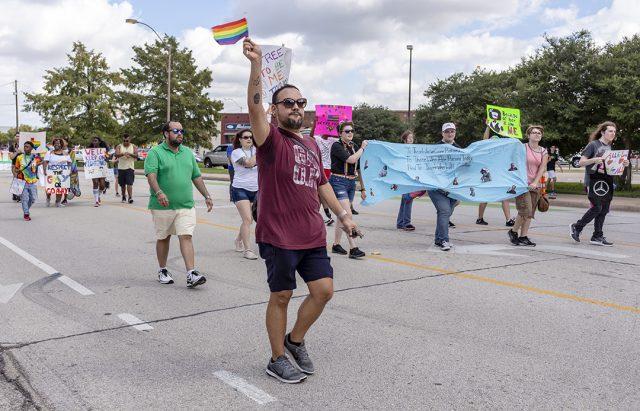By Elyssa Gideon/reporter
Not every human trafficking situation looks like a “Liam Neeson-Taken-type scenario,” according to a local advocate who will speak about the issue on NE Campus.
Rescue Her project coordinator Sarah Phillips will speak 10:30 a.m.-1 p.m. Oct. 22 in Center Corner (NSTU 1615A).
“I will be laying down a foundation of what trafficking looks like in the DFW area,” Phillips said.
NE health services coordinator Crystal Martz said the college-age population is one of the fastest-growing groups being trafficked. Some believe that children and teenagers are the ones most affected, but according to Human Rights First, 75 percent, or an estimated 15.4 million victims, are age 18 or over.
“College students are such prime targets,” Martz said. “They just moved out of their parents’ house, starting to make adult choices, some short on money, and they haven’t had a lot of real-world experience.”
According to Phillips, awareness is key, and it’s one of the main goals of the workshop.
“I think there’s the obvious: If someone recognizes it, then they can help,” Phillips said.
Some have misconceptions about what trafficking victims or trafficking situations look like, she said.
“Trafficking isn’t just now happening. It is just finally being talked about,” she said. “In my experience, I don’t know if it is an influx of the occurrence but more an influx of awareness.”
Martz said her group has held human trafficking workshops before, and the students requested more. Students wanted Phillips to speak more and were curious about what trafficking looks like locally. Students wanted to know how traffickers chose their victims and methodologies.
“[This topic] is very real, very heavy and is right next to you,” Martz said.
This isn’t just a downtown Dallas problem, according to Phillips. Rescue Her received a call last week from a woman in Bedford who needed their services. She said women in their programs have been exploited in six different cities in the area.
Future speeches may be geared more toward other specifics, but this one is about general awareness and equipping people with the ability to recognize vulnerabilities in themselves and others.
“General awareness is the easiest goal to achieve,” Phillips said. “I would hope when we talk about how victims become victims that students can examine their lives in how they might overlook contributing factors to increasing vulnerability and how they might be able to contribute to prevent vulnerability.”
Students can register by going to the calendar at www.tccd.edu and clicking on the register link inside the event. Lunch will be provided.




























